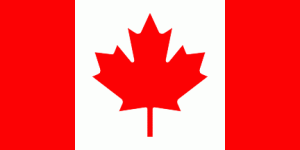 The Supreme Court of Canada has invalidated Pfizer’s patent for Viagra, on the grounds that the company’s patent filing did not meet the Patent Act’s disclosure requirements. Teva, the generic firm that challenged the patent, will be able to market its generic version of the medicine.
The Supreme Court of Canada has invalidated Pfizer’s patent for Viagra, on the grounds that the company’s patent filing did not meet the Patent Act’s disclosure requirements. Teva, the generic firm that challenged the patent, will be able to market its generic version of the medicine.
The judgement by Justice Louis LeBel stated: “The patent system is based on a ‘bargain’: the inventor is granted exclusive rights in a new and useful invention for a limited period in exchange for disclosure of the invention so that society can benefit from this knowledge. Sufficiency of disclosure lies at the very heart of the patent system, so adequate disclosure in the specification is a precondition for the granting of a patent… The disclosure failed to state in clear terms what the invention was. Pfizer gained a benefit from the (Patent) Act – exclusive monopoly rights – while withholding disclosure in spite of its disclosure obligations under the act. As a matter of policy and sound interpretation, patentees cannot be allowed to ‘game’ the system in this way.”
In a statement, Teva Pharmaceuticals announced it would soon market generic viagra, resulting in significant savings for consumers and health plans. The statement added that “generics have generated cumulative savings for Canadians of more than $20 Billion compared to awaiting patent expiry. There’s no doubt that legal challenges to brand drug patents result in a spillover benefit to patients, drug plans sponsors, and the health care system as a whole.”
A Reuters story quotes analysts predicting that the impact for both Pfizer and Teva will be minimal.




